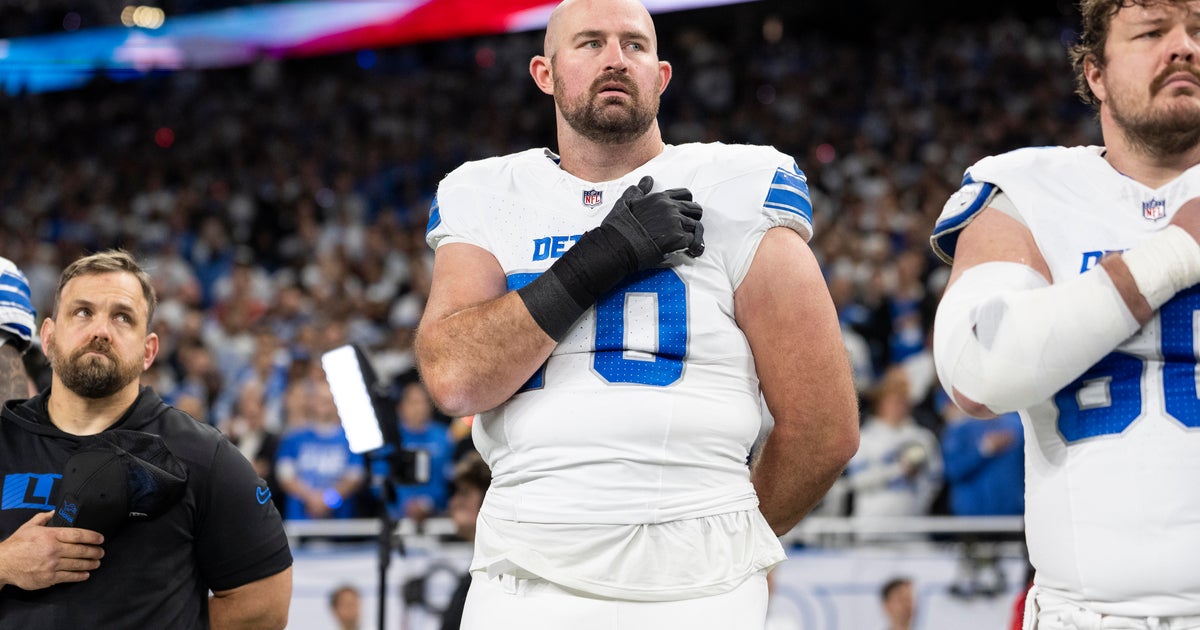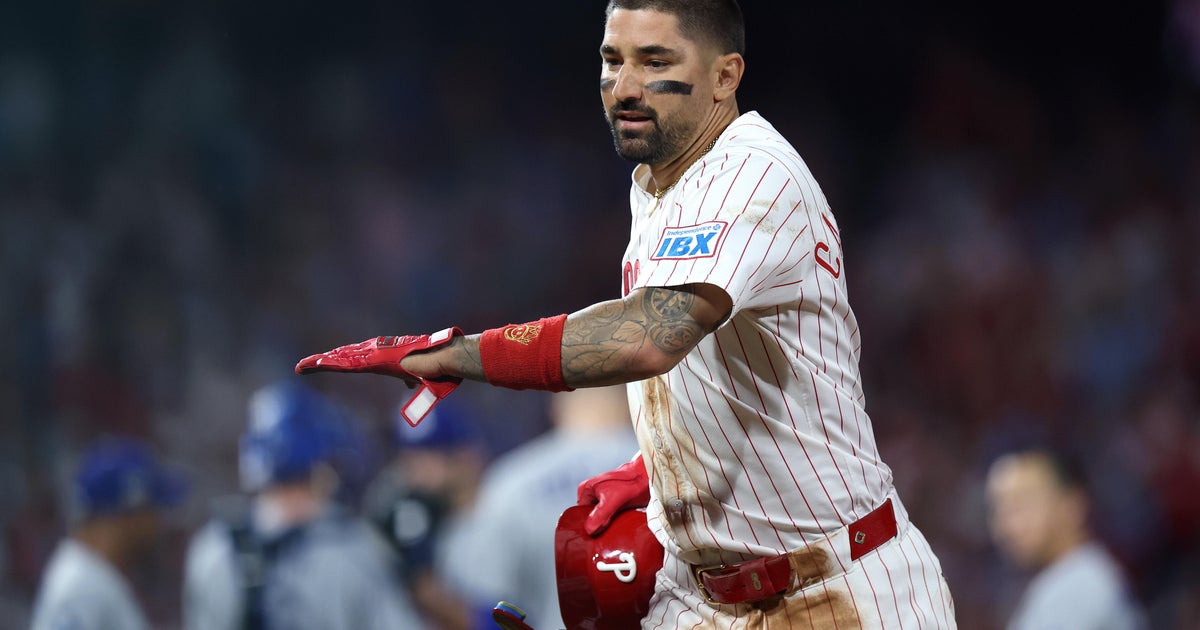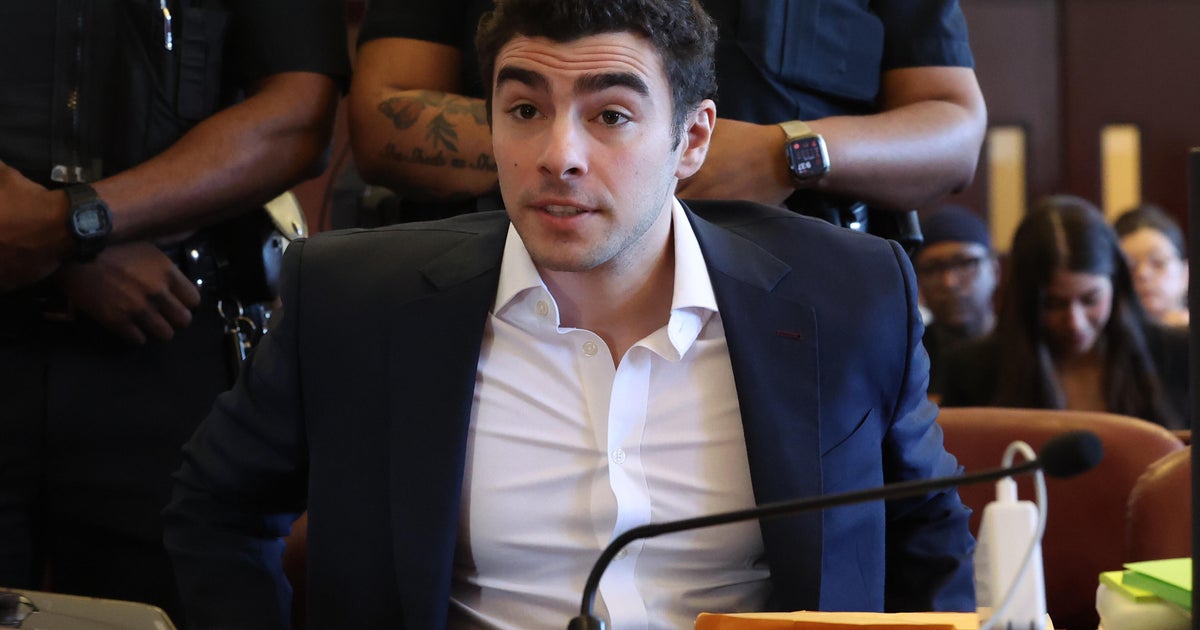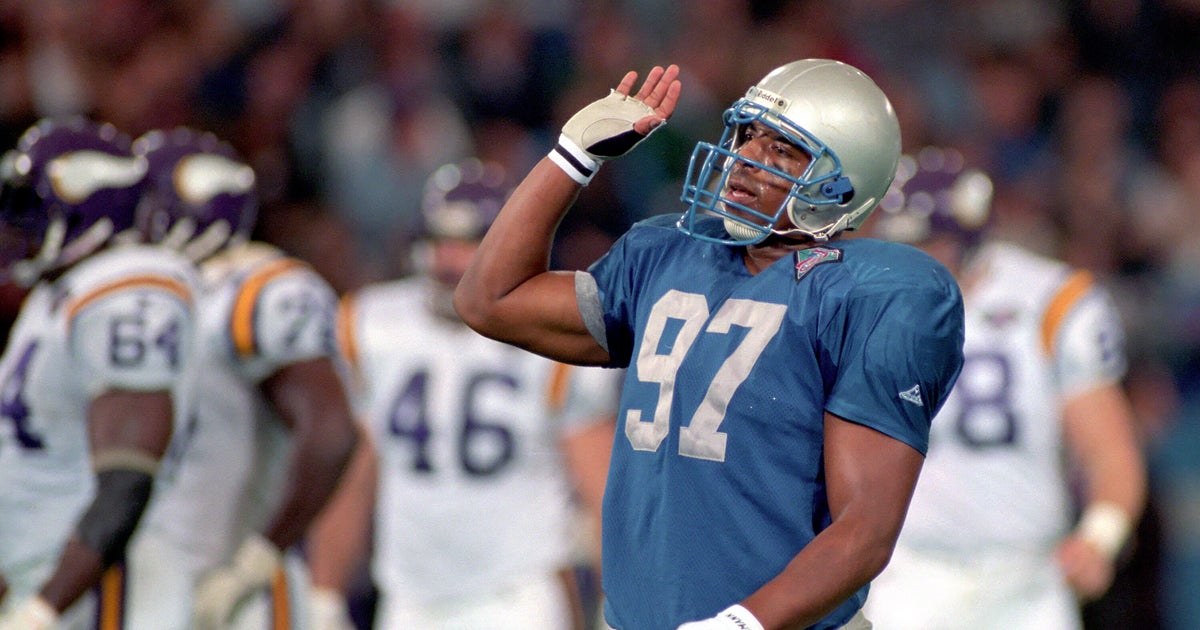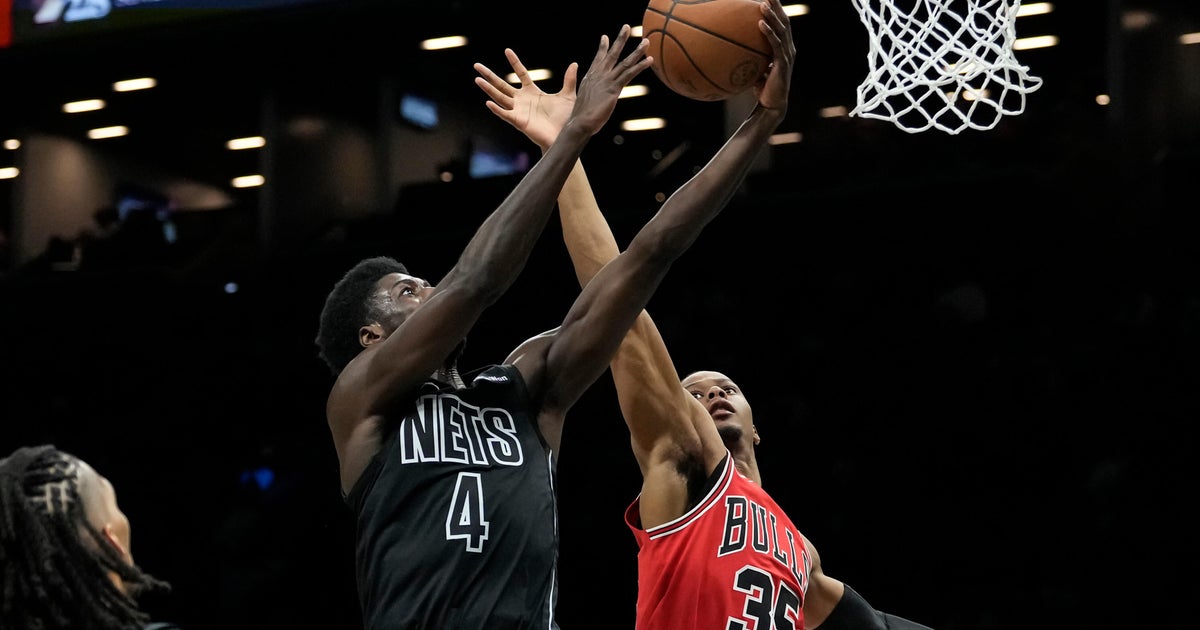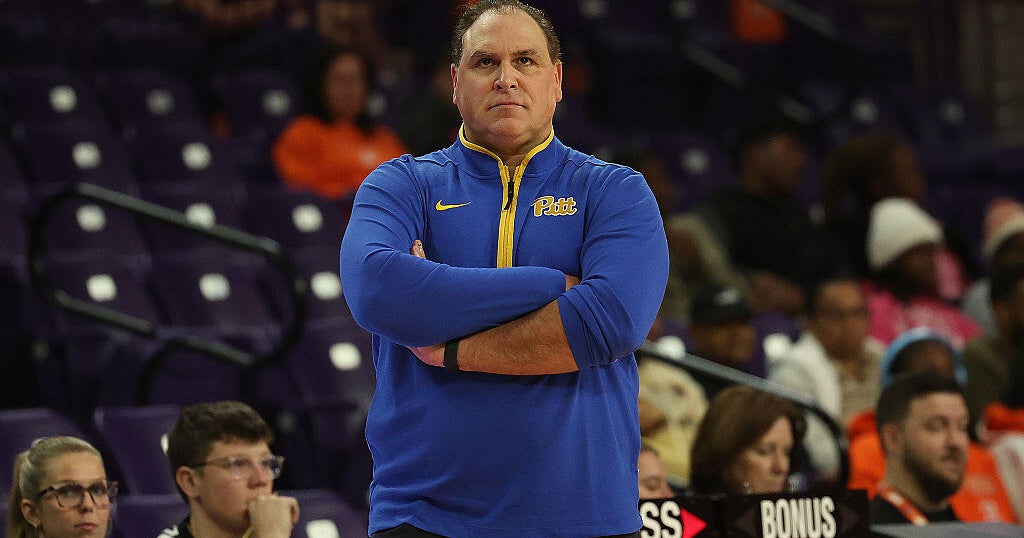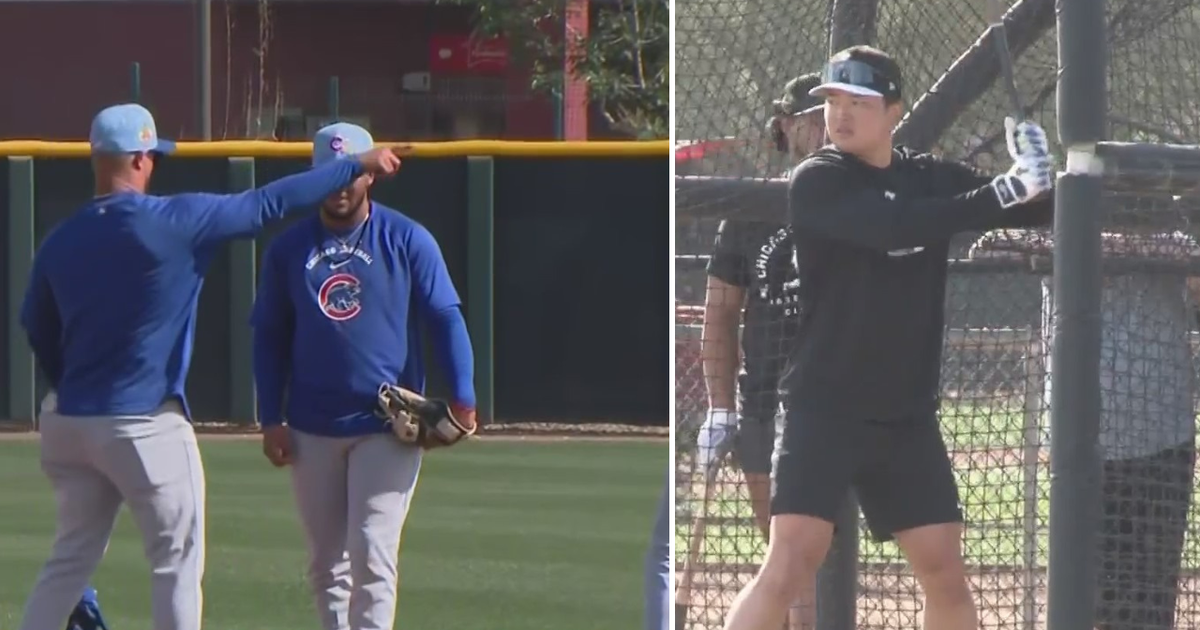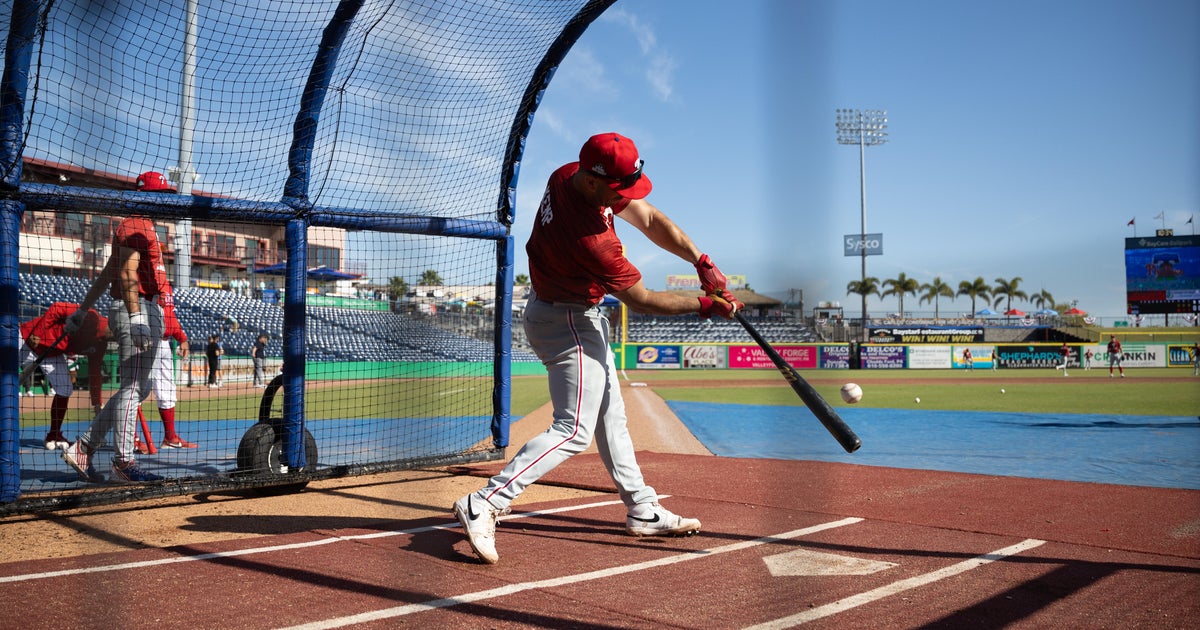Olczyk: Campbell Was A 'Serviceable' Fifth Defenseman
(WSCR) The Chicago Blackhawks made headlines during the NHL Entry Draft on Friday night, but not for the players that they added to the roster. General manager Stan Bowman pulled off a big trade, sending defenseman Brian Campbell to the Florida Panthers
The Blackhawks signed Campbell to an eight-year contract worth just over $57 million prior to the 2008 season. It was a contract that brought with it expectations that Campbell had trouble reaching.
"I think that Brian Campbell was very serviceable on the back end," former Blackhawk and current analyst Eddie Olczyk said on the Danny Mac Show. "I think, you know, the one thing that he could do is skate the Blackhawks out of trouble in their own zone, which is difficult. It's tough to find defensemen that can do that, and Brian Campbell had that ability. And [he] also led the puck up the ice offensively."
Also working against Campbell in his time with the Blackhawks, was the team's tremendous depth on defense. Along with Campbell, the Blackhawks had Duncan Keith, Brent Seabrook, Niklas Hjalmarsson, Brent Sopel, James Wisniewski and 20-year-old Nick Leddy along the blue line.
LISTEN: Eddie Olczyk On The Danny Mac Show
Podcast
For the rest of this interview and other 670 The Score interviews click here.
"He was really, when you look at his tenure here, he was pretty much a fifth defenseman over the course of the last three years," Olczyk said. "And it's tough to allocate all that money to a guy that's not going to play, really, in key situations. [He's] not going to be out there at the end of games.
"Look, he helped bring a Stanley Cup here to Chicago. And I think that's the way that you have to think about him and his way out to south Florida."
A season ago, even if Panthers G.M. Dale Talon was open to bringing Campbell to Florida, it may not have been approved by the ownership.
"The salary cap, the hard salary cap in the National Hockey League has gone up," Olczyk said. "So what has happened as well? The floor has gone up. So now teams have to accumulate money to get to the floor, 80% of the salary cap."
